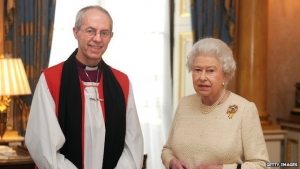Résultats de la recherche pour : Anthony Bradney
Secularism in the United Kingdom
A country, which has two established churches, the Church of England and the Church of Scotland, does not seem to be a propitious setting for secularism to flourish. To this point can be added a number of other matters that seem to be inimical to the idea that secularism can prevail in the United Kingdom. There is, for example, the fact that large numbers of State schools in the present day continue to have partly religious foundations, historically once solely Christian or Jewish but now also including the Muslim, Hindu and Sikh faiths. Equally there the fact that one of the established churches, the Church of England, has the legal right, which it exercises, to have bishops and archbishops as members of the House of Lords, one of the two chambers of the United Kingdom Parliament.
United Kingdom
A country, which has two established churches, the Church of England and the Church of Scotland, does not seem to be a propitious setting for secularism to flourish. To this point can be added a number of other matters that seem to be inimical to the idea that secularism can prevail in the United Kingdom. There is, for example, the fact that large numbers of State schools in the present day continue to have partly religious foundations, historically once solely Christian or Jewish but now also including the Muslim, Hindu and Sikh faiths. Equally there the fact that one of the established churches, the Church of England, has the legal right, which it exercises, to have bishops and archbishops as members of the House of Lords, one of the two chambers of the United Kingdom Parliament.







 MangoGem
MangoGem